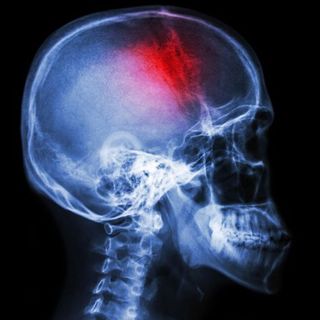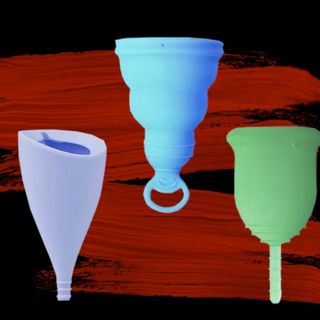Loneliness and negative social interactions may lead to weaker bones in postmenopausal women, according to a new study in the Journal of Epidemiology and Community Health. As humans age, they inevitably lose bone mass due to hormonal changes. This study suggests that poor or dormant social lives may worsen bone loss for older women, but not for men.
The six-year-long study of more than 11,000 U.S. women between the ages of 50 and 79, aimed to study the associations between social stress and bone loss, that is, a reduction in bone’s component minerals, such as calcium. Social strain scores were self-recorded by the women, ranging between four and 20; higher the score, higher the strain.
Negative social interactions and low social activity were each independentlyassociated with greater bone loss of the femoral neck (i.e., below the ‘ball’ of the ball-and-socket hip joint) and the total hip. Additionally, negative social interactions were also linked to greater bone loss in the lower back area. “Specifically, the negative quality of social interactions, such as social strain, has stronger physiological effects on health outcomes than positive interactions, including social support,” the study says.
Related on The Swaddle:
When Parents Age: Caring for India’s Growing Senior Citizen Cohort
One particular type of social stress was clearly linked to bone loss: racial discrimination. Black, Latina, and Native American women were more likely to report high social strain, compared with white and Asian women, and correspondingly, saw more bone loss.
Bone density loss remains a major public health concern, with one in three women over the age of 50 developing osteoporosis, and one in two older women experiencing a fracture in her lifetime. Additionally, fracture rates and related economic costs are estimated to increase by 50% by 2025. While there has been scattered previous research associating psychosocial stress and fractures, there has been little to no research confirming bone loss as the link in that relationship.
This study fills that gap by suggesting that social stress may increase fracture risk through the degradation of bone matter. One way in which this happens, according to the study, is through social stress altering the release of several bone-regulating hormones, such as cortisol, and proteins like cytokines.
“Taken together with prior evidence, the results support community-building social stress interventions in postmenopausal women to potentially limit bone loss,” and ultimately reduce fractures, the study concludes.




